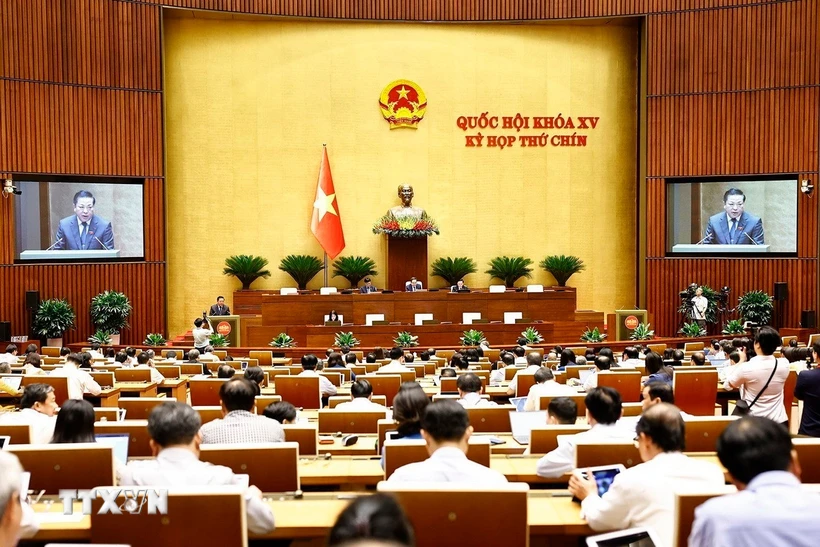 |
| View of the meeting. (Photo: Doan Tan/VNA) |
Through research, delegate Nguyen Hoang Bao Tran ( Binh Duong ) basically agreed with the contents stated in the draft Law. Giving specific comments on the provisions at Point a, Clause 4, Article 2 of the draft Law on State compensation liability, specifically on the authority and responsibility for compensation settlement of the Supreme People's Court and the Central Military Court, the delegate stated: Currently, the provisions at this point have not clarified the mechanism for determining the agency responsible for compensation in case of damage due to wrongful convictions occurring during the trial.
According to the delegate of Binh Duong province, this may cause some inconveniences.
Firstly, the responsibilities between the different levels of courts are not clearly defined. In practice, a person's wrongful conviction may originate from the first instance or appeal judgments, but can only be exonerated at the final or retrial level.
At that time, if it is not clear which court level caused the wrongful conviction, assigning responsibility for compensation will easily lead to disputes, causing delays in compensating people for damages.
Second, the responsibilities of the Supreme People's Court and the Central Military Court need to be more clearly defined.
These agencies should be assigned the responsibility of receiving and resolving compensation requests within the scope of their vertical management, and at the same time be responsible for clearly identifying the agency conducting the proceedings that caused the damage in order to fulfill the obligation to compensate in accordance with the law.
Third, if responsibility for the damage is not clarified, it may lead to a situation of shifting responsibility between court levels, affecting the rights of citizens and reducing the effectiveness of the Law.
From the above analysis, the delegate proposed that the Drafting Committee consider revising the provisions at Point a, Clause 4, Article 2 as follows: “ The Supreme People's Court and the Central Military Court are responsible for resolving compensation within their scope of management, and at the same time are responsible for clearly identifying the prosecuting agency that caused the damage in order to request the implementation of compensation responsibilities according to the provisions of law.
In case of wrongful conviction arising from errors in the adjudication activities of many levels of courts, the liability for compensation shall be determined according to the level of court whose illegal act is ultimately determined to be the direct cause of the damage."
Agreeing with the content of the draft Law regulating the organization of 3-level People's Courts including: Supreme People's Court, Provincial People's Court and Regional People's Court, delegates assessed that the draft Law has strongly assigned authority to the Regional People's Court for all cases related to administrative, economic, civil, and family matters, however, the content on criminal matters has not been thoroughly decentralized.
Regarding this content, delegate Le Thanh Hoan (Thanh Hoa) expressed his opinion: "We only allow sentences up to 20 years in prison, the remaining sentences over 20 years in prison for criminal cases are still assigned to the provincial authority.
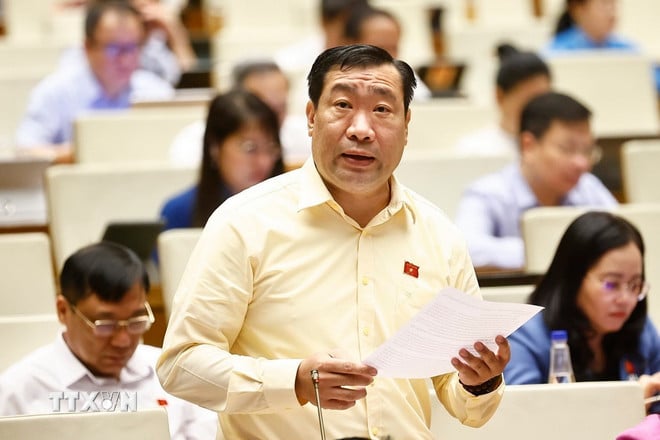 |
| National Assembly delegate of Tra Vinh province Thach Phuoc Binh speaks. (Photo: Doan Tan/VNA) |
If we want to carry out radical reforms related to the organizational apparatus, I propose that we should decentralize the power to the People's Courts at the regional level to try all criminal cases, and the People's Courts at the provincial level will conduct appeal trials. And we do not need to re-establish 3 Courts of Appeal on the basis of dissolving 3 high courts.
Concerned about the content of the coordination relationship and inspection sanctions between the provincial and regional People's Courts (stipulated from Article 55 to Article 60), delegate Thach Phuoc Binh (Tra Vinh) stated that the draft Law has added the regional People's Court to replace the current district People's Court; maintained the provincial People's Court with the role of managing according to the provincial administrative area; assigned the right to normal first-instance trial to the regional People's Court, the right to appeal and review to the provincial People's Court.
However, the monitoring - coordination - inspection mechanism between these two levels has not been clearly defined. Delegate Thach Phuoc Binh said that if the relationship and inspection sanctions are not clarified, it will easily lead to overlapping or open management.
If the Provincial People's Court does not have a mechanism to check the substance with the Regional People's Court, the quality of trials at the grassroots level is likely to be left in limbo. If the checks lack clear boundaries, it may cause internal power conflicts, affecting the independence of the trial.
At the same time, this may also be the cause of difficulties in management, training and transfer of staff. The Provincial People's Court is currently the unit coordinating personnel and training for the whole province. If the coordination mechanism with the Regional People's Court is unclear, it will affect the quality of human resources and professional consistency.
Another difficulty that the delegate also mentioned was the lack of a feedback and cross-monitoring channel. “The lack of a clear inspection mechanism will lead to a lack of channels for handling violations at the Regional People’s Court; a lack of a mechanism to monitor the quality of trials and violations of professional ethics; and an inability to control negative risks at the first trial level,” the delegate said.
From the above analysis, delegate Thach Phuoc Binh proposed to amend and supplement some specific contents.
Accordingly, regarding the mechanism of professional inspection and supervision, delegates proposed to add a clause to Article 55 (on the tasks of the provincial People's Court): "Conduct periodic and unscheduled inspections and audits of the trial and settlement of cases of the regional People's Courts in the locality; report the results and recommend measures to handle violations to the Chief Justice of the Supreme People's Court."
Add the task of cross-supervision to Article 56 (structure of provincial People's Courts): "The Chief Justice of the provincial People's Court is responsible for organizing periodic inspection teams for regional People's Courts on professional activities, professional ethics, implementation of public service discipline, and periodic reporting to the Supreme People's Court."
In addition, regarding sanctions for violations, delegates proposed adding a new clause to Article 60 with the following content: "In case of detecting serious violations in adjudication or violations of public service discipline, the Chief Justice of the Provincial People's Court has the right to recommend the Supreme People's Court to consider disciplinary action or change the organization and personnel at the Regional People's Court"./.
Source: https://huengaynay.vn/chinh-tri-xa-hoi/theo-dong-thoi-su/lam-ro-co-che-xac-dinh-co-quan-chiu-trach-nhiem-neu-co-oan-sai-trong-xet-xu-153758.html


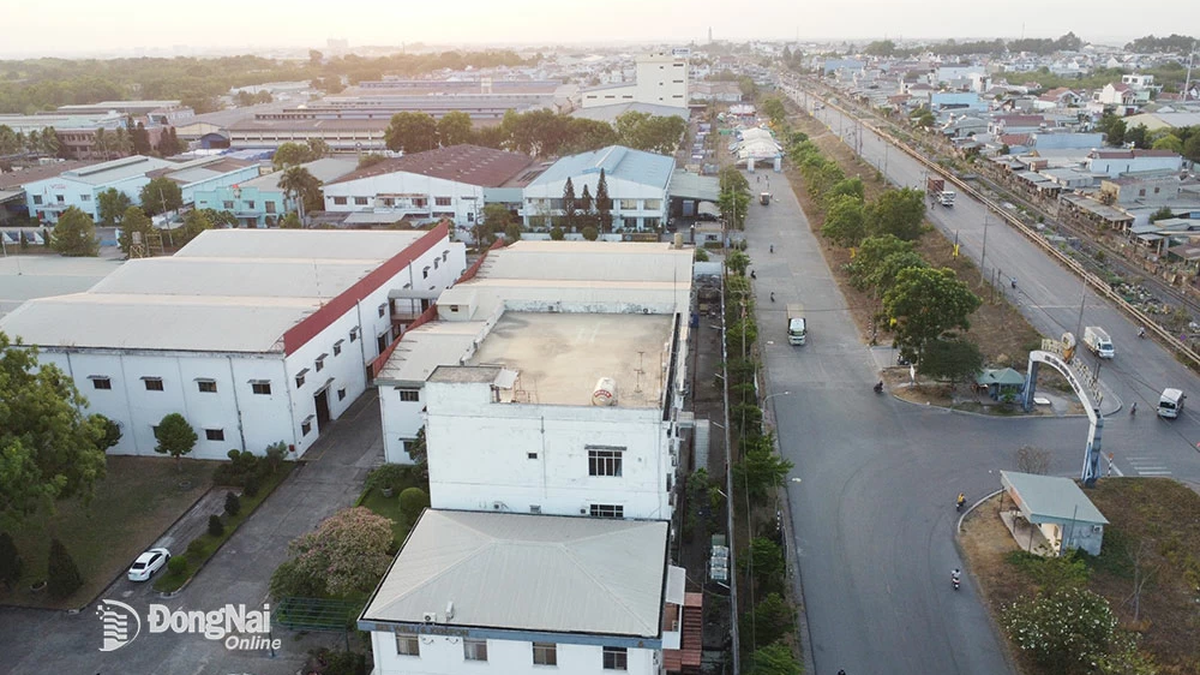

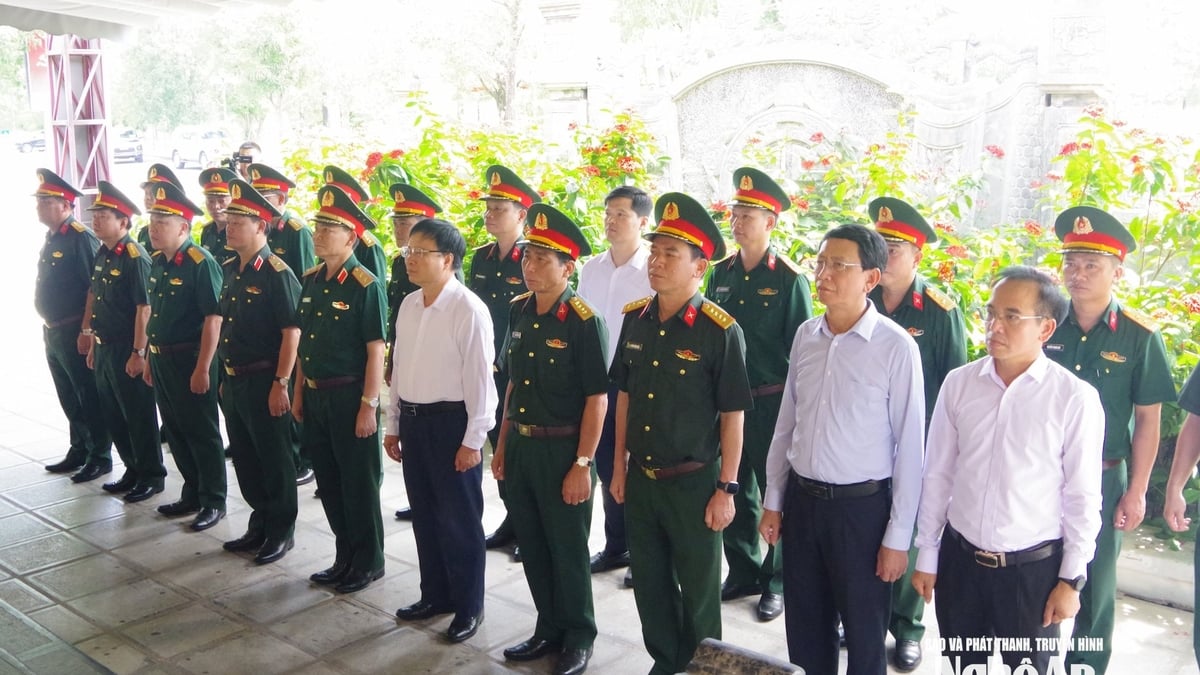
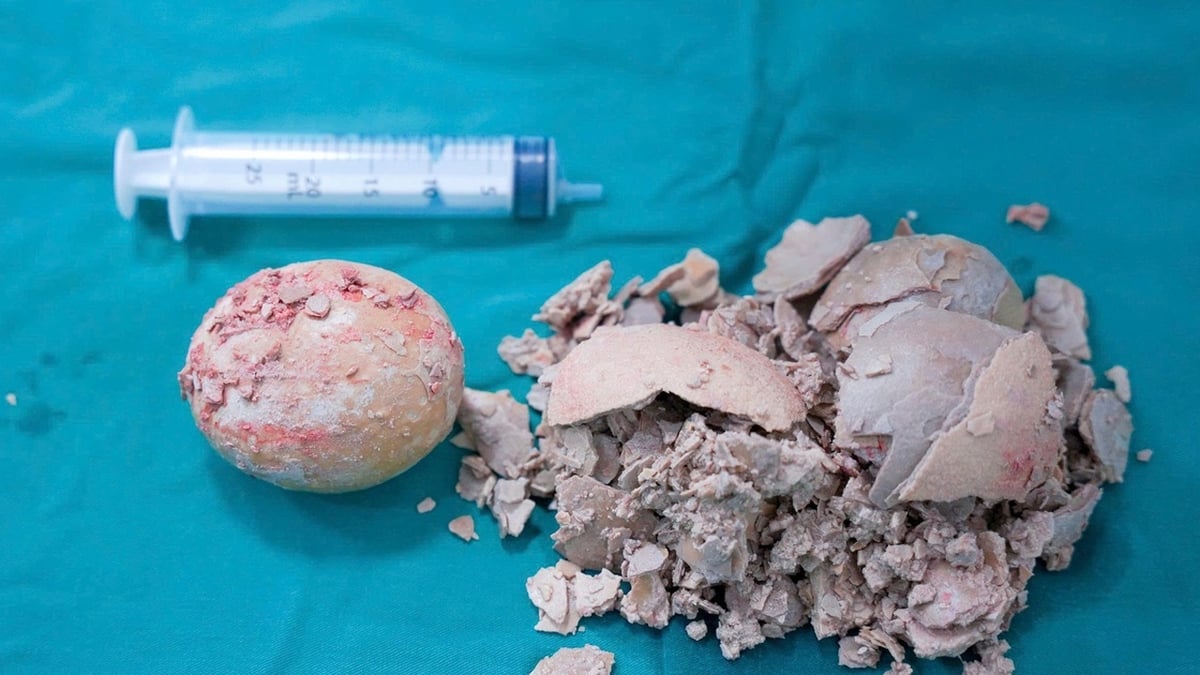

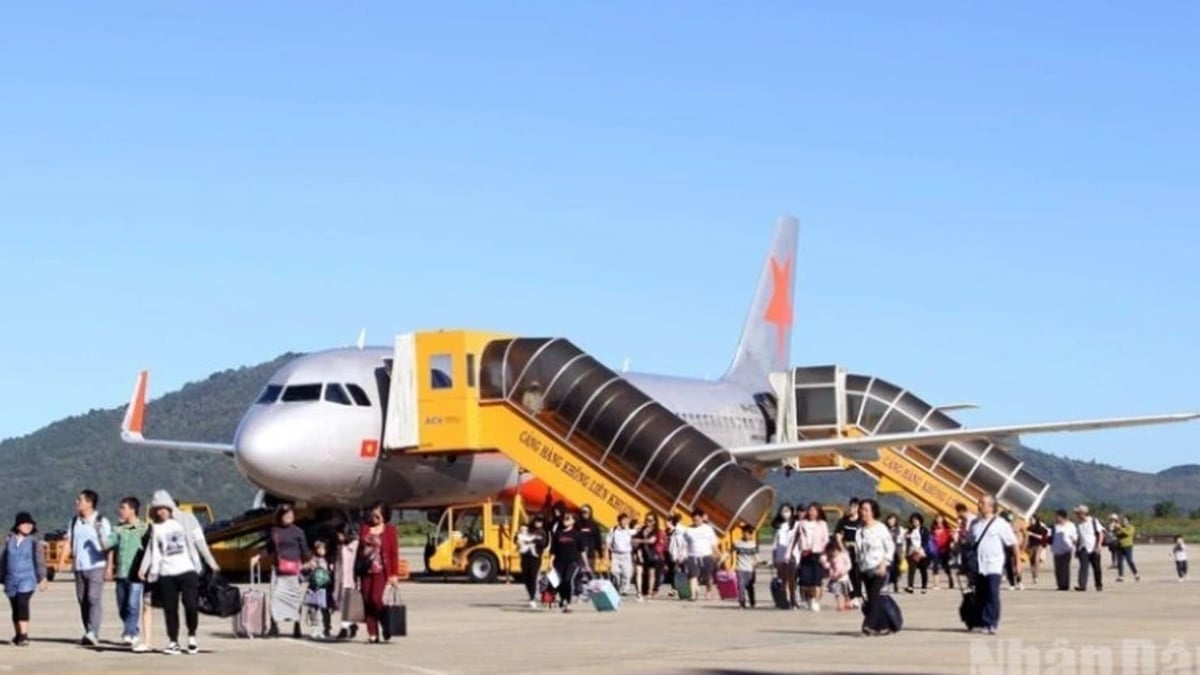
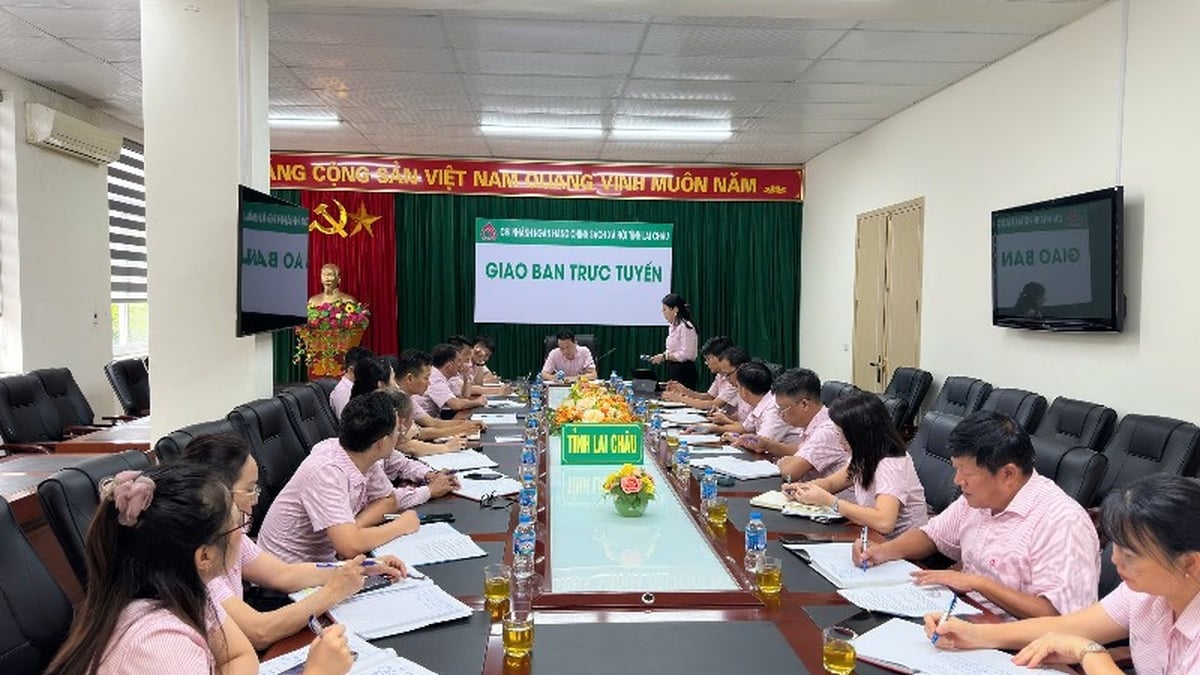

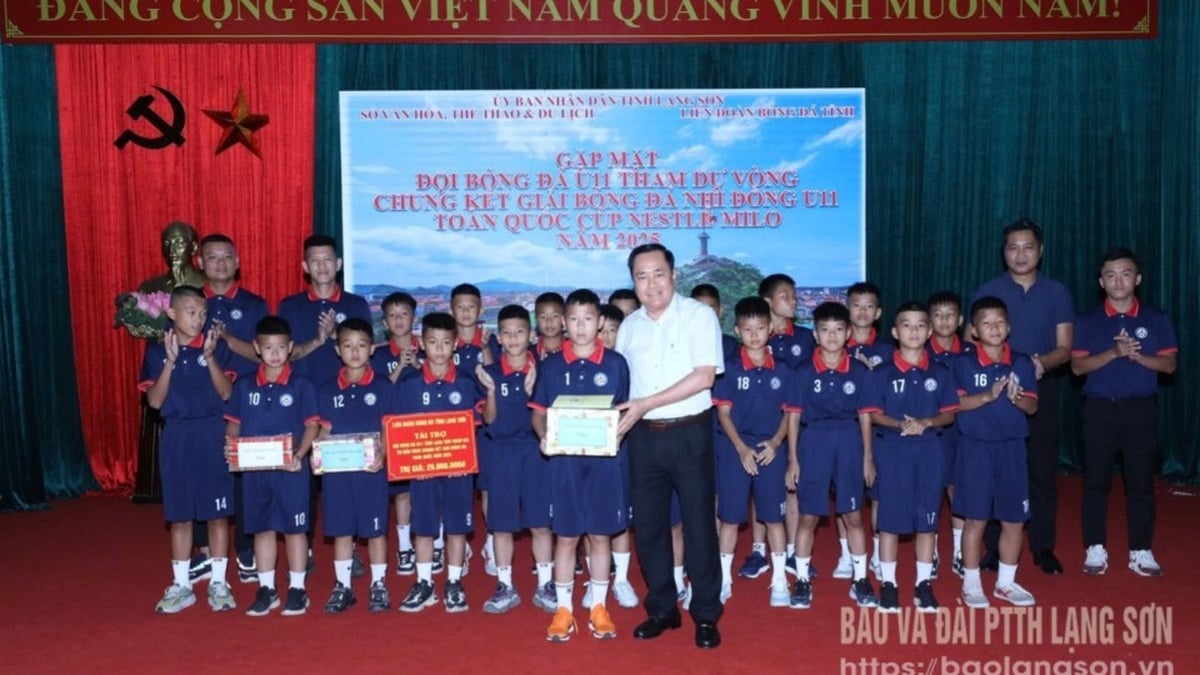
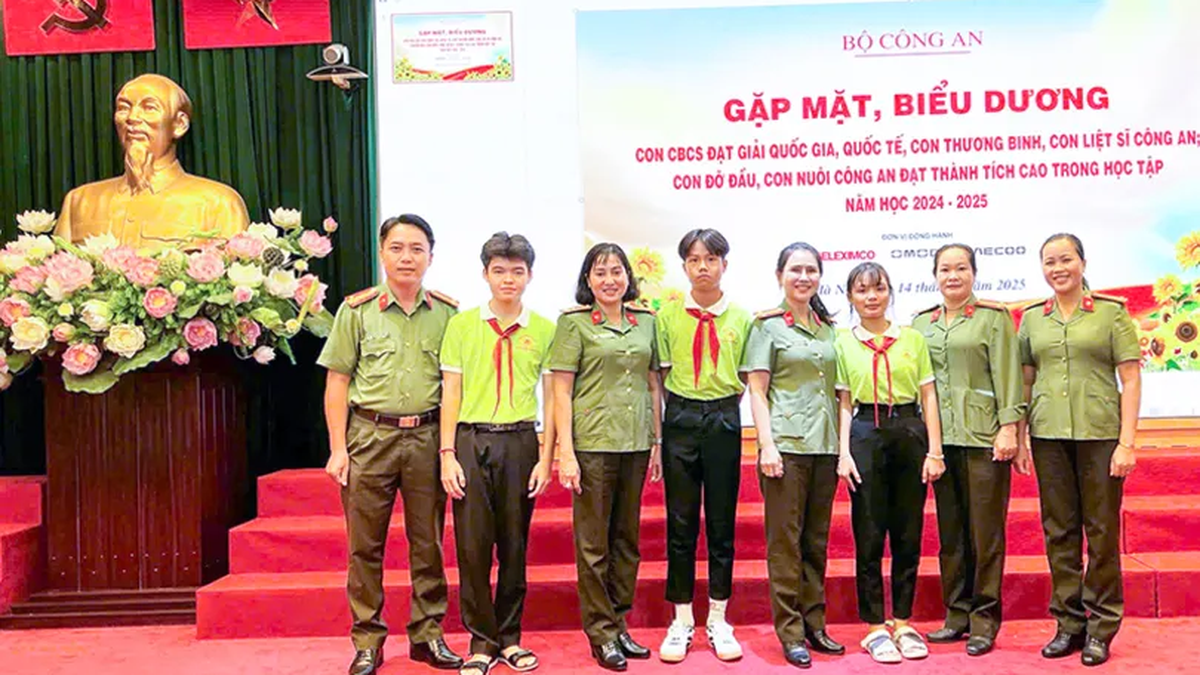








































![[Maritime News] More than 80% of global container shipping capacity is in the hands of MSC and major shipping alliances](https://vphoto.vietnam.vn/thumb/402x226/vietnam/resource/IMAGE/2025/7/16/6b4d586c984b4cbf8c5680352b9eaeb0)













































Comment (0)